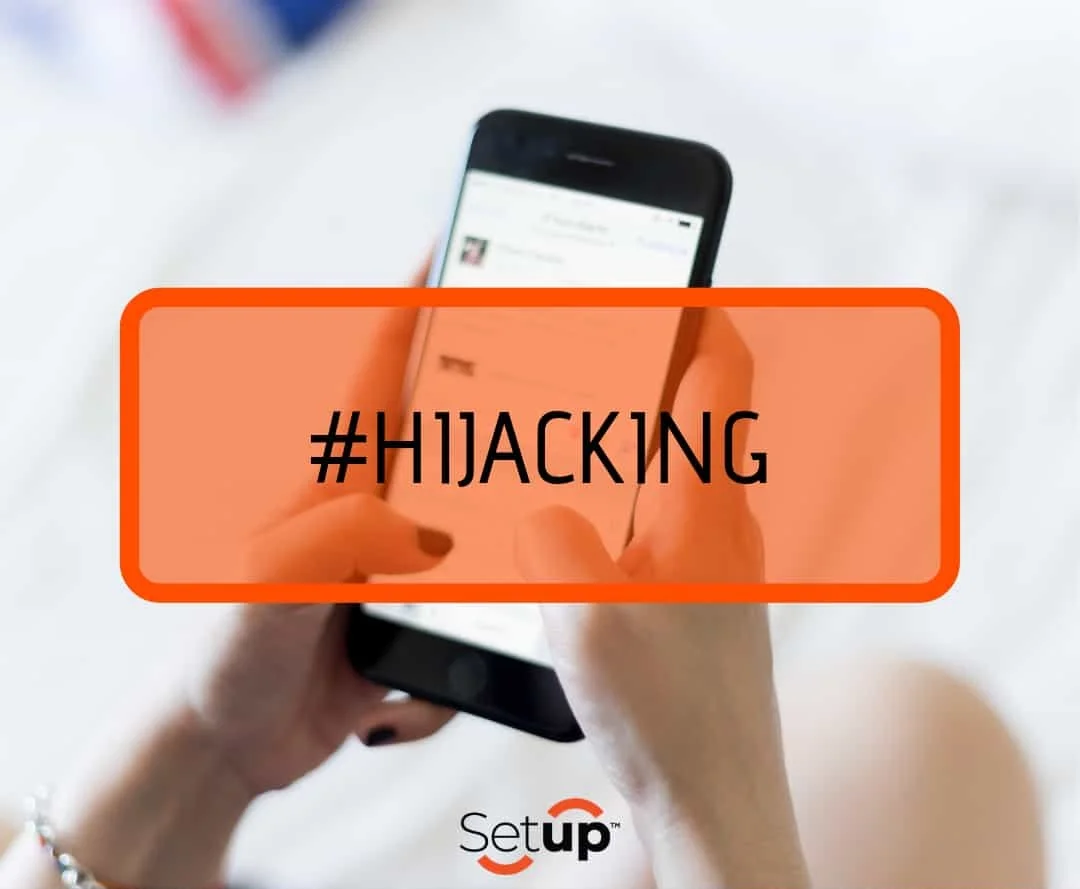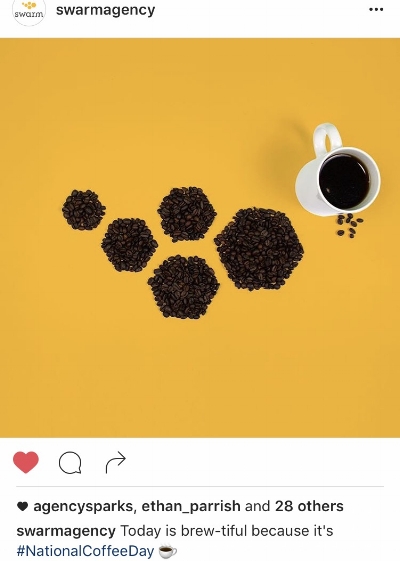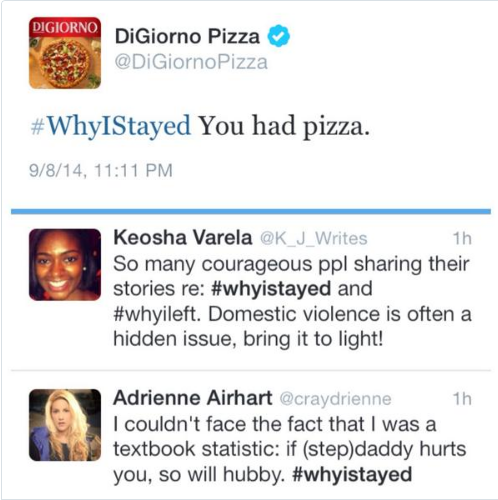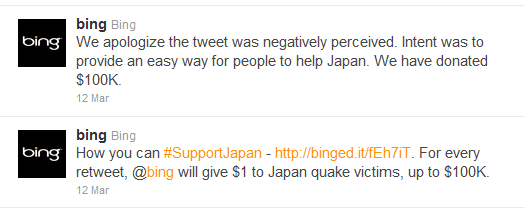Hashtag Hijacking: The Good, the Bad, and the Ugly
Hashtag Hijacking - Definition:
Real-time marketing practice by which an advertiser uses a popular or trending hashtag to gain visibility on social media.
Hashtag hijacking is like using a sharp knife to cook dinner: It’s a useful tool to get the job done... but if used carelessly, it will hurt more than help.
It’s undeniable that hashtag hijacking is a crucial part of any brand’s social media marketing strategy. By using hashtags to participate in the conversation around current events and/or controversies, brands can humanize themselves while driving engagement and organic reach. So where is the line and what can we learn from past brands’ mistakes?
Hashtag Hijacking: The Good
By design, hashtags simplify the process of finding relevant content. Some hashtags, like #MondayMotivation, provide a broad subject matter for brands to tailor and leverage effectively. Swarm Agency leveraged the #NationalCoffeeDay hashtag to promote their brand’s logo while honoring the intended use of the hashtag.
If done right, brands can still fall into the “good” category even when buzz from current events doesn’t directly involve the brand. Following Prince’s death, The Weather Channel payed homage to “Purple Rain” by temporarily updating their app's interface.
While Prince’s death has nothing to do with The Weather Channel, it was a small gesture that felt genuine. It doesn’t always come down to whether a brand has a place in the conversation, but rather if the intent seems sincere.
Hashtag Hijacking: The Bad
While social media acts as a gift for brands who execute strategically, it also represents a curse to brands that lose control of the conversation. Companies have to tread lightly when leveraging brand-specific and cause-related hashtags. While the right message can humanize a brand, the wrong message will demonize a brand.
The popularity of brand-specific hashtags to encourage user-generated content has grown immensely, but sometimes brands shift from being the hashtag hijacker to the hashtag hijack-ee. This happened when McDonald’s lost control of the #McDstories hashtag when people used the hashtag to complain about their McDonald’s experiences:
Digiorno made some serious waves after misusing #WhyIStayed hashtag that was intended to bring awareness to domestic violence:
Soon, DiGiorno's social media team realized they had made a terrible mistake...
Bing came under fire after using the #SupportJapan hashtag as a pawn in gaining more engagement on social media:
While McDonald’s, Digiorno, and Bing did not have malicious intent behind their hashtag hijacking, they seriously damaged their brands in one fell swoop (or in this case, Tweet).
Hashtag Hijacking: The Ugly
Some brands get hashtagging wrong by happenstance, but others miss the target by a mile. It’s one thing to be careless and apologize, like Digiorno, but it becomes entirely different when a brand’s hashtag hijacking is offensive.
Kenneth Cole used political instability in Cairo to promote their new product line without an ounce of subtlety:
The backlash was swift and severe.
So how does a brand determine the line between tasteful participation and attention-starved publicity ploys?
It’s probably easier said than done. If a brand is dragged into a timely conversation, then it may make sense to respond, so long as that response is calculated and safe. When Skittles was dragged into the 2016 election cycle, Mars, Inc. (Skittles' parent company) had a tasteful and diplomatic response to Donald Trump Jr.’s tweet that compared a bowl of partially-contaminated Skittles to the Syrian refugee crisis:
Donald Trump Jr.'s message:
Mars, Inc. (parent company of Skittles) response:
When brands want to participate in hashtag driven conversations, they must proceed with caution. Before jumping in, social media managers should ask themselves:
Do I understand the meaning and intent of the hashtag?
Does it align with what my brand typically posts or my brand's voice?
Am I posting it for the right reasons?
Is it easy for my audience to determine the intent behind this post?
If the answer to any of these questions is “no”, then proceed with the utmost caution!










